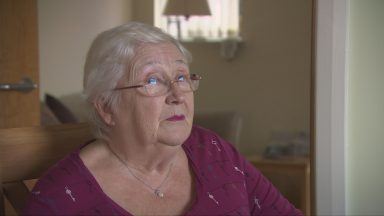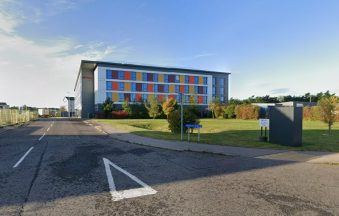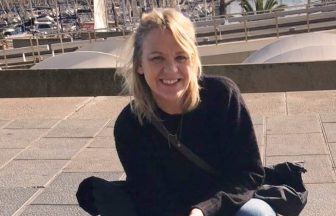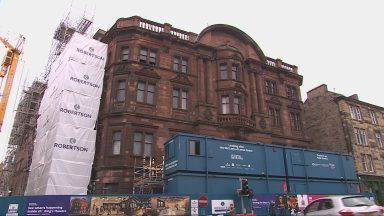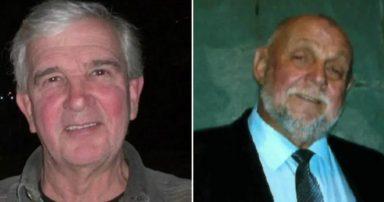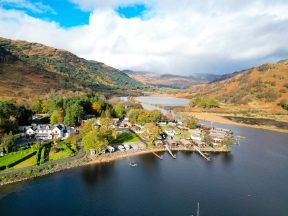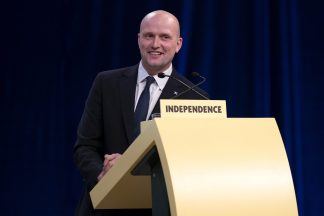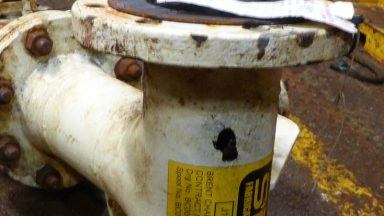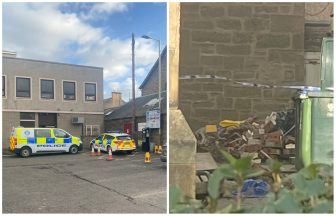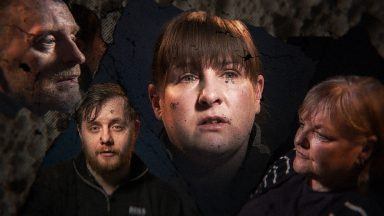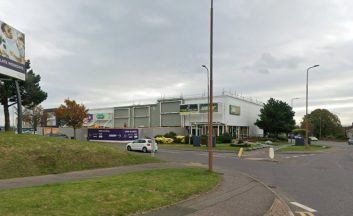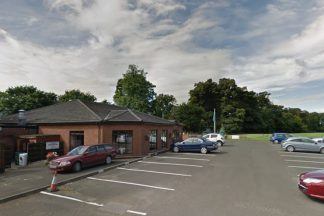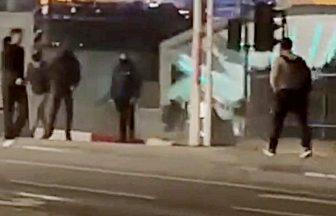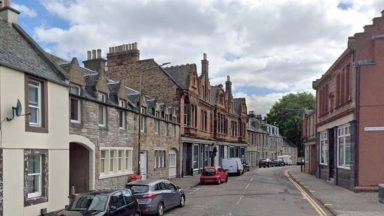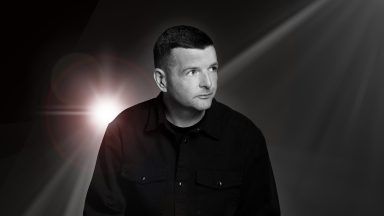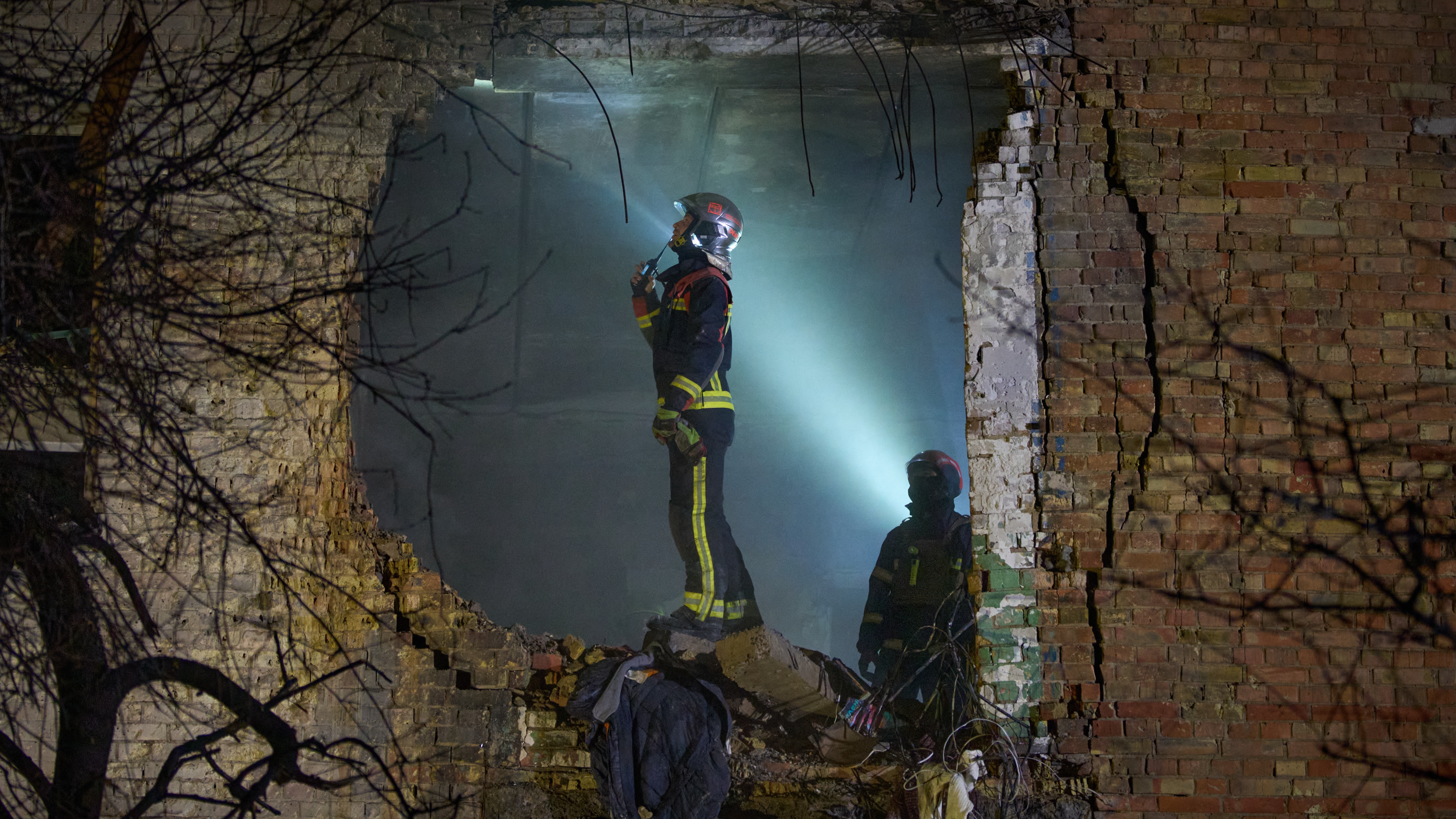The number of Unwanted Fire Alarm Signals (UFAS) has plummeted since the Fire Service introduced a rule change in July.
In one West Lothian ward alone the number of blue light call outs tumbled to just one in the three months from July this year, compared to ten in the same time frame in 2022.
That was in the largely rural Armadale and Blackridge ward. Figures set to go before local area committees in Livingston later this week will reveal huge drops in the numbers of UFAS since the Scottish Fire and Rescue Service changed its automatic attendance policy.
SFRS officer Alasdair Fowlie told Armadale and Blackridge local area committee today that the change freed up time for fire crews to train and also carry out fire safety engagement with local schools and the wider community.
Until July SFRS attended every automatic fire alarm signal with a minimum of two appliances under blue light conditions. Often the alarms are maliciously activated, as in schools, but just as often the automated alarms are activated by burnt toast, hairsprays, deodorants or actual faults in the system.
Each call cost the SFRS around £2,000. In addition, travelling under blue light conditions created road dangers for pedestrians and other motorists.
In England fire authorities have the power to issue fines for UFAS. However UFAS carried out a two year consultation with councils and private business before opting for a system of call challenge from fire control where SFRS officers contact the source of the alarm to establish if there is an actual emergency before attending.
Hospitals, residential care homes and sleeping risk premises will remain exempt and appliances will continue to be mobilised automatically to any fire alarm activations within these facilities.
The policy change is expected to reduce attendance rates by up to 57%.
Figures set to go before the local area committees in Livingston show a drop to 18% from 85% in South Livingston, and a drop to 5% from 47% in North Livingston over the same three month period of 2022.
Mr Fowlie said: “There has been a big drop in this. I think we talked about it at the last couple of LACs. The new policy came in on July 1. The number of UFAS for the second quarter this year was one, compared to ten for the same period last year. That’s going to be a trend going forward. We expect that number to be low due to us challenging calls.”
He added: “It doesn’t really mean much for yourselves but for us it frees up capacity. It means that there’s going to be a lot more time for training and a lot more community action for us, so crews will be able to get out a lot more.”
There has been a big focus on youth action throughout the holidays in a bid to cut the number of deliberate grassland fires set in parts of the ward.
Follow STV News on WhatsApp
Scan the QR code on your mobile device for all the latest news from around the country


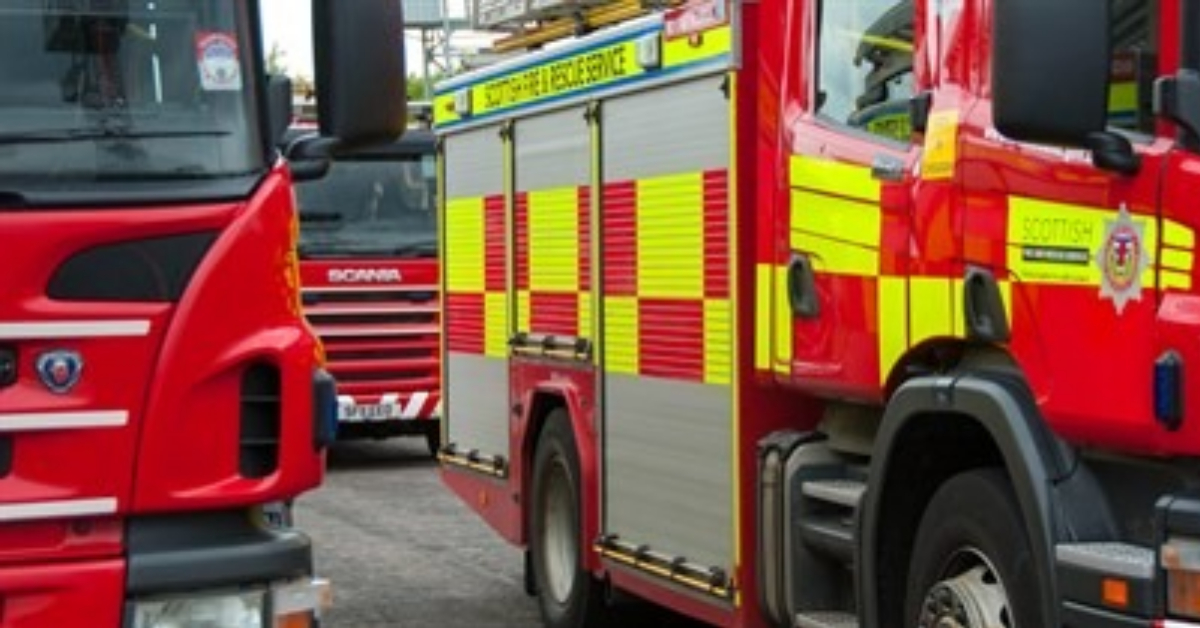 SFRS
SFRS

